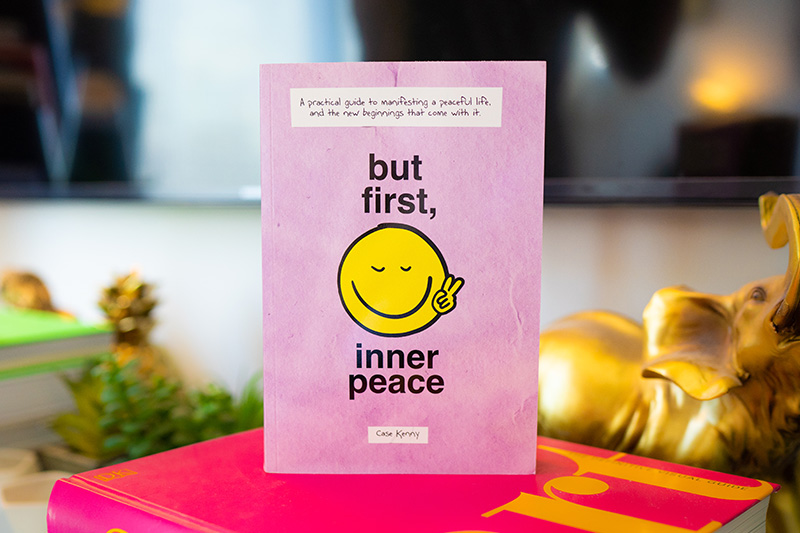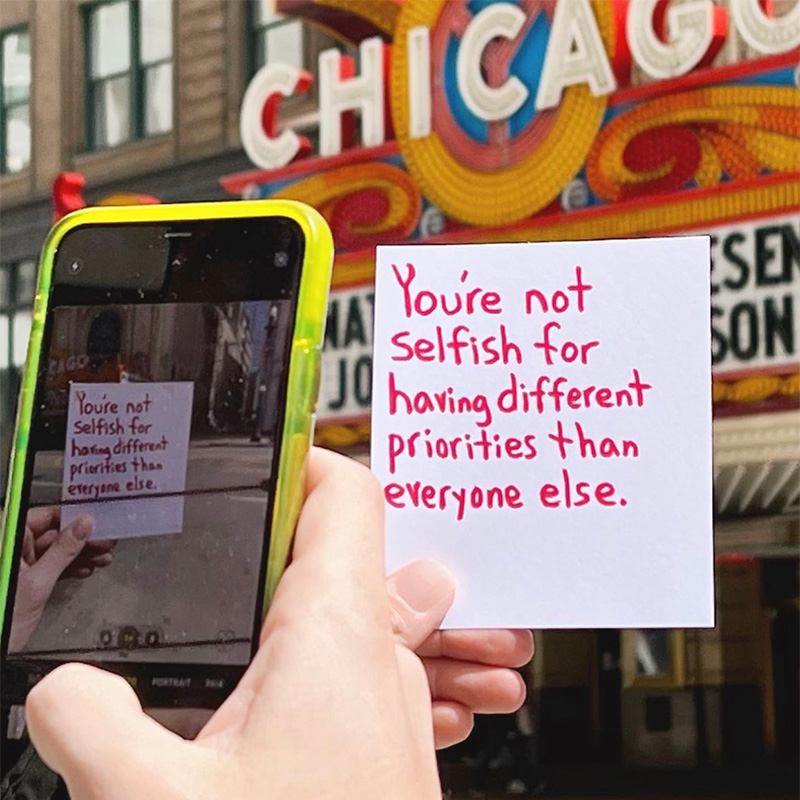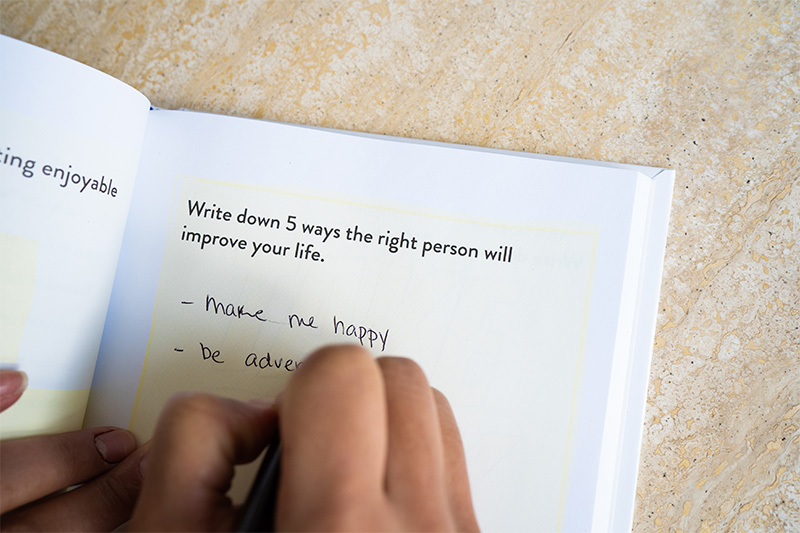By John Frerichs, VP, Global SMB, PayPal

New Mindset, Who Dis' Founder Case Kenny
The increasing integration of technology and social media has brought countless new ways to learn, explore, conduct business, and communicate. But this rise has also been mirrored by a global increase in anxiety, depression, and loneliness – all issues that were amplified by the extended periods of isolation during the pandemic.
Mental health is now a hot topic, and for good reason. The New York Times recently reported that within the US, 20% of Americans always, or often, feel lonely or isolated. The World Health Organization has also reported that within the first year of the pandemic alone, global rates of depression, anxiety, and loneliness rose by 25%.
For Chicago-based entrepreneur Case Kenny, learning how to navigate the hyper-connected world while taking care of his mental health was a personal journey that led to a growing business. Case has leveraged his own experiences to build New Mindset, Who Dis?, a podcast and lifestyle brand that focuses on mental health and encourages people to reframe their thinking to find happiness.
We spoke with Case to learn more about what inspired him to start his business, how he makes mindfulness accessible, and how PayPal has helped his business grow.
John Frerichs: Can you share a background on how you launched your business? What was the inspiration behind it?

Case Kenny: The inspiration came from my own personal life. I was focused on mindfulness and self-development and had recently started journaling – but I didn’t feel like any of the journals in the market worked for me. They were either too prescriptive, or they didn’t provide any guidance at all. I was already running a podcast, and I thought that if I was interested in using a journal that mixed the prompted and unprompted approaches, perhaps my listeners might be, too. So, at the end of 2019, I created the New Mindset Journal. Since that first journal was released, I’ve been able to create and launch six other journals and learned a lot about manufacturing in the process.
JF: Can you speak to the rise in mental health and wellness issues that people are facing today, and the solutions you promote to help?

CK: It’s vital that we learn to pay attention to and protect our mental health, since it can have a real impact on our physical wellbeing. Recent studies have found that loneliness can be equivalent to smoking – some research suggests it’s as bad as having 15 cigarettes a day! From talking to other people, it’s hard not to notice that there’s been an uptick in anxiety, depression, and mental health issues.
I approach my business from my personal point of view. I am not an expert, but a regular person who struggles with my own issues, just like everyone else. With my work, I want to encourage everyone to focus on their own individual journey, starting with self-awareness and mindfulness. We can learn to start fresh and focus on the things that are actually true to us, instead of crumbling to the pressure of what others are doing or expecting.
JF: How has PayPal helped your business grow?
CK: PayPal has been great for my business in two ways. First, when it comes to ecommerce, PayPal is one of the most trusted names in the game for consumers. So seeing the option to pay with PayPal Checkout helps drive conversions because of that trust. Second, PayPal has been a great partner to have by my side whenever I’ve experienced instances of fraud. With reasonable fees and strong protections for owners, PayPal is very pro-business.

JF: Social media is important to your brand for spreading awareness and for building community. What factors do you consider when creating social content and engaging with your customers online?
CK: Social media is great for making large topics easy to digest. People don’t always take the time to dive into important issues of wellbeing and mental health – so I try to do quick hits that are relatable and can offer a perspective that helps followers reframe what they’re experiencing. My goal is to build community, so people can feel understood. With my social content, I want to be able to inspire others with authentic stories, and show people that others are going through what they are going through.
JF: Your business creates a wide range of products, from podcasts to guided journals to a self-worth themed card game. When expanding your product line, what trends or customer behaviors are you considering?

CK: I had heard from listeners and social followers that they wanted to be able to apply some of what I talk about on my podcast to their lives – and that’s what first inspired my journal line.
Now when I’m developing new products, I make sure to look at data from all the channels I am on to find out what customers want. I look at my most shared posts, what themes are coming through my direct messages, and my most listened to podcast episodes so I can understand what people are really interested in. For example, I developed the Unbothered Journal when I heard that people wanted a journal specific to anxious thoughts, and I launched the Closure Journal when I noticed that people were struggling with the finality of their breakups.
JF: We’re at the start of a fresh year. What advice do you have for other entrepreneurs about setting and achieving growth goals in 2023?
CK: I set very big goals for myself at the start of each year – ones that are so large, I fall short of them each December. I recommend this approach because thinking as big as possible about your business in that way is beneficial to keep you motivated and moving forward. Those large, monster goals can then be broken down into smaller, more actionable ones that are achievable on a daily, monthly, and quarterly basis.
I encourage entrepreneurs to also use this time to think differently about the products they want to make, and to not limit themselves by thinking they need a large team to achieve their goals. You can do a lot with an agile, small team and by thinking of different ways to bring products to market, such as using smaller manufacturing runs, simpler product styles, and harnessing the power of social media to spread the word.